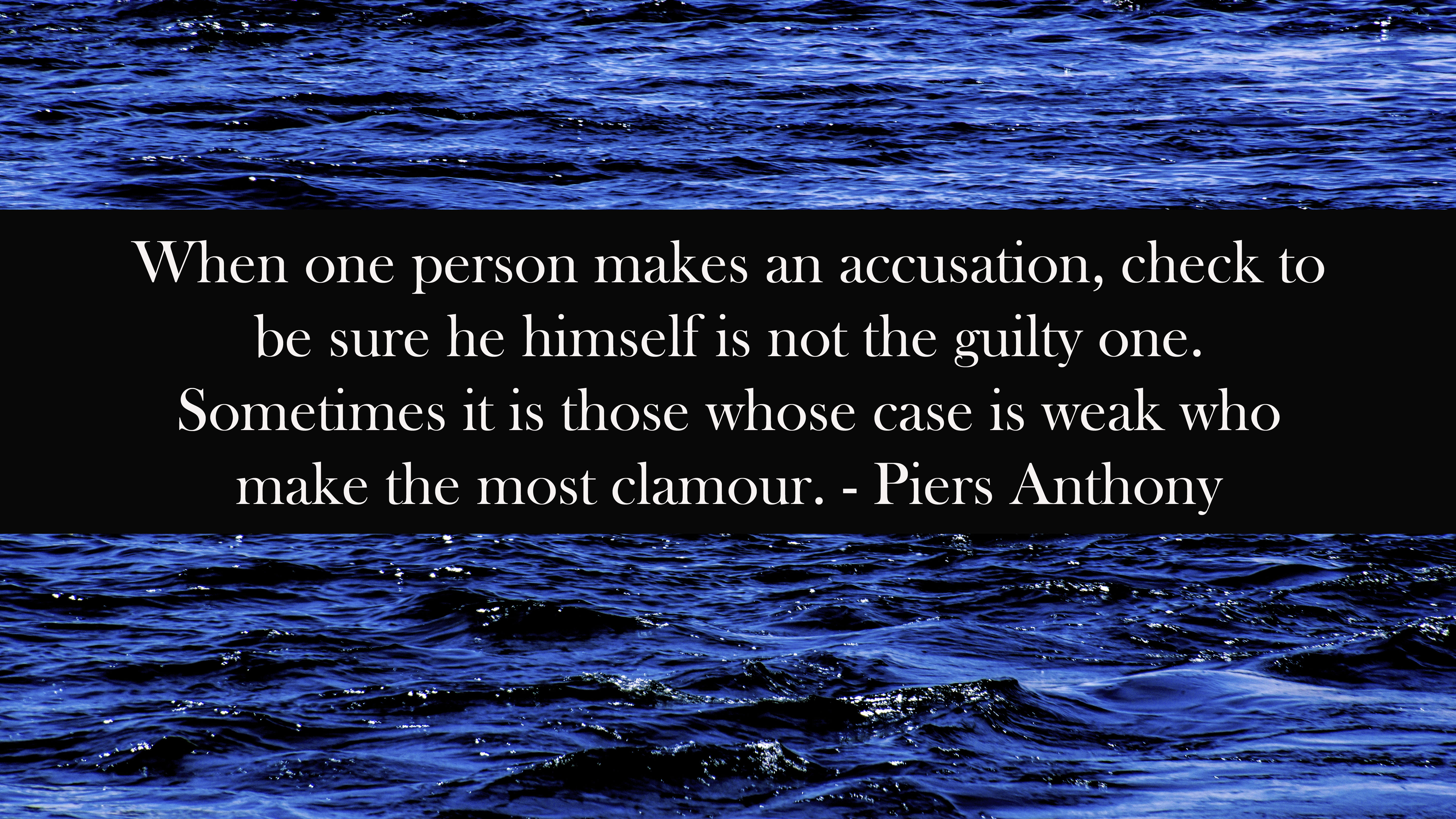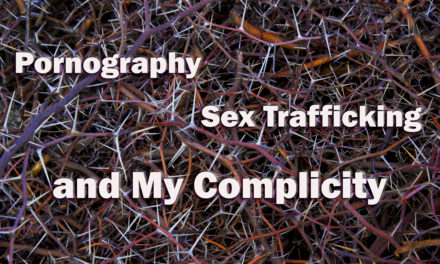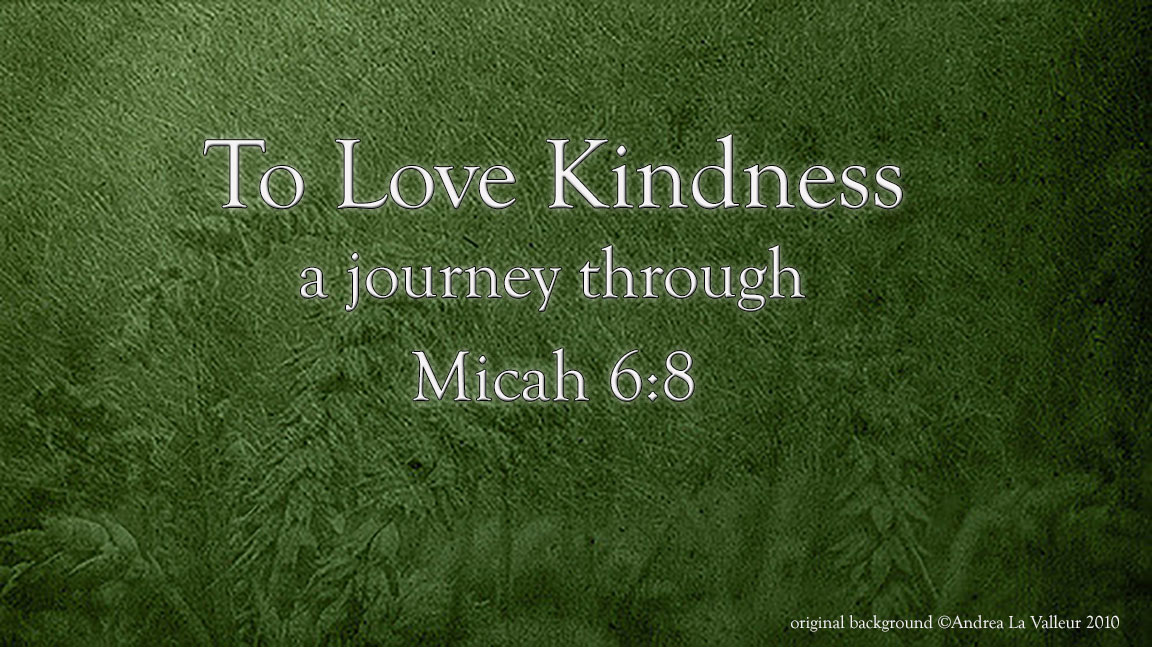 People ask me this all the time – (video format here)
People ask me this all the time – (video format here)
“But if the people who ‘aren’t getting it’ aren’t rebellious then what is the problem? Why do so many people just ‘refuse’ to get it?”
And I would always remind them that they ‘didn’t get it’ until their blinders were removed by God Himself, and ask them if rebellion and contempt for the Laws of God was on their minds. They agree that they didn’t hate God, even though they were not walking in full obedience (and frankly we still aren’t) and yet, when it comes to looking at the other guy, we aren’t as generous with our opinions and don’t cut them nearly as much slack. But I did get a better answer this weekend at Revive 2015 in Dallas.
I had been trying to find a way to explain the spiritual fruit of patience for two weeks but wasn’t really coming up with a way to do it and then all of a sudden it occurred to me while sitting through an unrelated breakout session:
What if the people we are worried about, the people we are judging and agonizing over and questioning and even pestering – what if their blinders haven’t been removed because our fruit is being judged, and they are simply the tools.
Now let me make this abundantly clear – I am not saying that God is writing them off, or toying with their lives. What if, what if God isn’t worried about them because He knows who they are, and He knows that when He removes their blinders they will be so zealous that they will be just fine despite the delays that drive us to distraction.
How we react to their inability, yes inability, to get it speaks volumes about the quality of our own fruit. Do we write them off? Do we treat them with contempt, even just in our minds? Do we slander their intelligence and their heart to serve God? Do we call them fools? Do we tell them not to pray for us? Do we take scripture out of context in order judge them? Do we treat them like rebels, as though they had been raised knowing that the Law is good and turned their ears from it? Or do we recognize that they were trained from childhood that the Law is bad and never had their ears inclined to it in the first place, making it impossible for them to turn their ears away?
Do we credit ourselves with undeserved virtues? Do we pretend like we are smarter, or wiser, or more godly? Do we elevate the ones that we keep that they don’t while ignoring the ones they may keep better than we do?
When we think of our relatives and friends who do not love as much of Torah as we do, what bad fruit of ours is revealed? We need to check that out because He isn’t going to keep their blinders on forever just for our sake – interpersonal tests are a gift, but after a while, He is going to have mercy on those He has used to test us and if we did not allow that test to change us, we will have squandered a golden opportunity.
So let’s talk about patience. How old were you when you found the truth – I mean, if you weren’t raised that way? I was saved when I was 29 after living a revoltingly awful excuse of a life. People had written me off. Then I went gung ho in the church, and then I was gung ho in the out of church movement and then when I was 41 I came into a knowledge of Torah as the constitution of the Kingdom of God and my obligations as a good citizen to obey the laws.
41 years old – 41 years it took me. Until I have waited 41 years on someone I guess I kinda need to sit down and shut up about it and trust God because He literally opened my eyes in a spiritual sense. I haven’t waited 41 years for anyone to get it since that day – but God was faithful to reveal it to me, and incredibly generous. Wasn’t like I had earned it. Just one day – BAM. There it was.
And there I was on Saturday night, at Revive in Dallas, teaching people first century context alongside Rico Cortes and Diana Dye, after talking with Joseph Good, my Temple teacher, about helping me write my next book – and I didn’t feel like I belonged there and I still don’t. And if anyone looks at it in terms of years and in terms of every human measure of deservedness, I didn’t belong there. But what if – what if, the people who we judge and worry about and have contempt for “get it” tomorrow, and what if, in four years they were writing books and speaking at a Hebrew Roots conference? Our impatience reveals an utter lack of respect for what God, and not men, can accomplish in a very short amount of time. Who He can raise up, and how miraculously He can do it, and how he is no respecter of persons. He knows every evil, contemptible thing I have ever done, and He knows that my fruit still needs a lot of work, and yet He can and sometimes does do a quick work.
What if, what if, the people who you are so frustrated with right now could be speaking at Revive 2019 – I am the proof that it isn’t impossible. I am the proof that you need to have faith in God that the time is not too short, that you can have peace and you can have patience about their situation – and that you might just need to get down on your knees and repent for all that worry, all that contempt, disgust, judgment, etc. that you feel when you think about them.
Maybe the reason their blinders aren’t removed – is you. Maybe God isn’t nearly as worried about where they will be in four years as He is with where you will be in four years. It’s time to get humble, to get repentant, and time to get patient.





















Well said. But is it really our job to tell others? As an early believer i was zealous to evangelize and probably did more damage than good. Then as a Torah observant believer i made the same mistakes. Only after a revelation i understood that i have to work out my OWN salvation. If my relationship with my Creator is in order then just maybe someone may ask me “the reason for my hope.” Is it not Father’s job to draw all to himself? If i can “talk” someone into keeping the Commandments; couldn’t they just as easily be “talked” out. It’s direct revelation from The Spirit that will finally make a change in the lives of those we want to embrace the entire truth. Didn’t Messiah say, “those who have ears to hear let them hear.” Most believers from all denominational back grounds have read about the Sabbath and many other commandments and truths but did not embrace that until it was revealed by the Spirit to them. Then it was more than just something they read on ink and paper but the “TRUTH.” Let us just trust and have faith that the Father knows best and doesn’t need us running interference for Him. Sorry for the rambling just my thoughts.
Well, that’s the thing – I leave both Jews and Christians ALONE. Christians are in covenant, it is only a matter of the level of obedience because they do keep most of the law that can be kept. Sadly, it’s the joyous times that they have been deprived of. I believe that the end will indeed come in like a flood and people are waking up.
I needed to read this. We do have a duty to proclaim the gospel Yeshua preached, “repent and live”. This article reminds us the posture of our hearts while we do so. The Messiah knew that not everyone would believe but He kept at it, “whoever has an ear let him hear”. The Father impressed upon me this one time that my name is not “Holy Spirit”. That I am to speak His truth, embedd it in my conversation and move on. My respinsibility is not to make people “see” but to make sure they hear. We can’t go stealth mode and let the anti-torah voices gain more ground.
But we must do it from a place of peace. I think we need to “check ourselves” each time we speak truth, our motive should be clean. No contempt, no condescension. Just truth, …. In love.